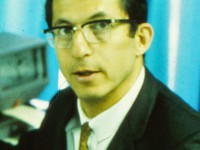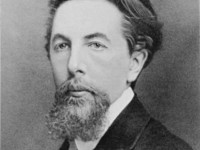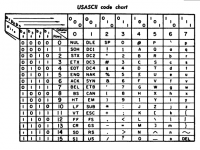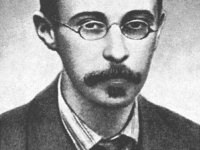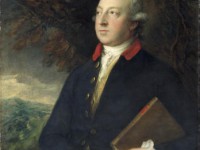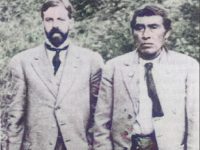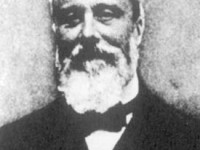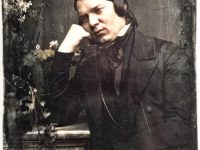Robert Ledley and the Computer Tomograph
On June 28, 1926, American computer scientist Robert Steven Ledley was born. Ledley pioneered the use of electronic digital computers in biology and medicine. He invented the ACTA (Automatic Computerized Transverse Axial) diagnostic X-ray scanner, the first whole-body computerized tomography (CT) machine, which revolutionized medical diagnosis. Conrad Roentgen‘s discovery of the “x-rays” already was a sensation in 1895, which revolutionized medical diagnostics. The CT-scan led another step further to more thorough and…
Read more

